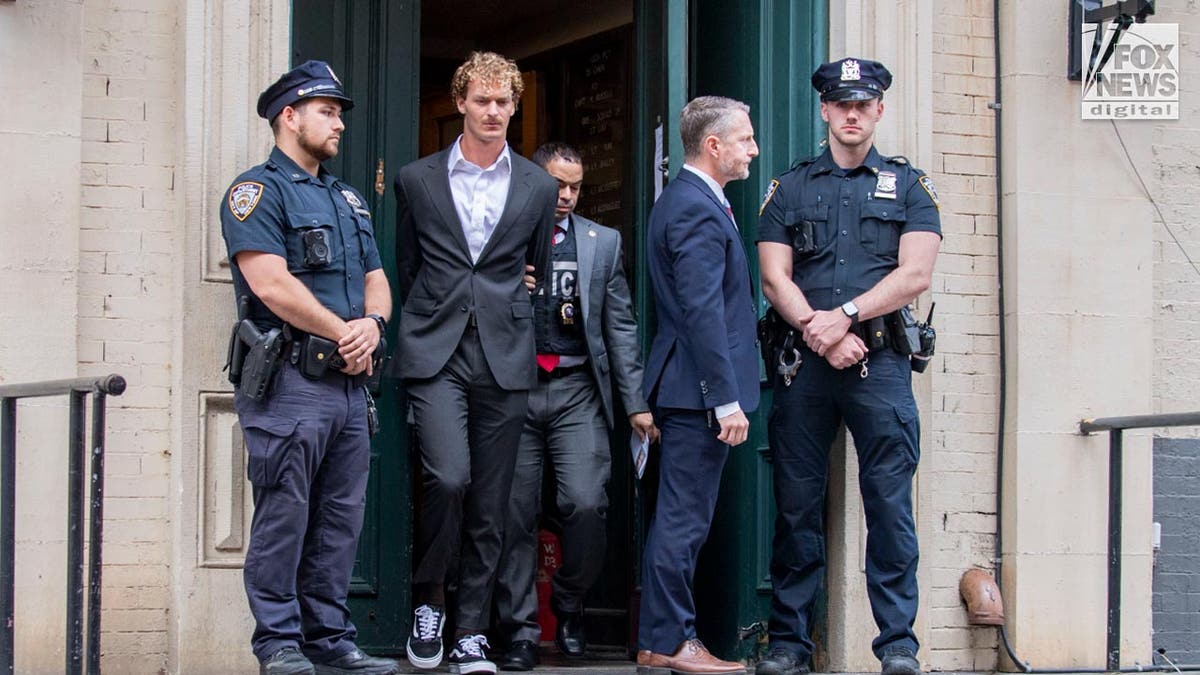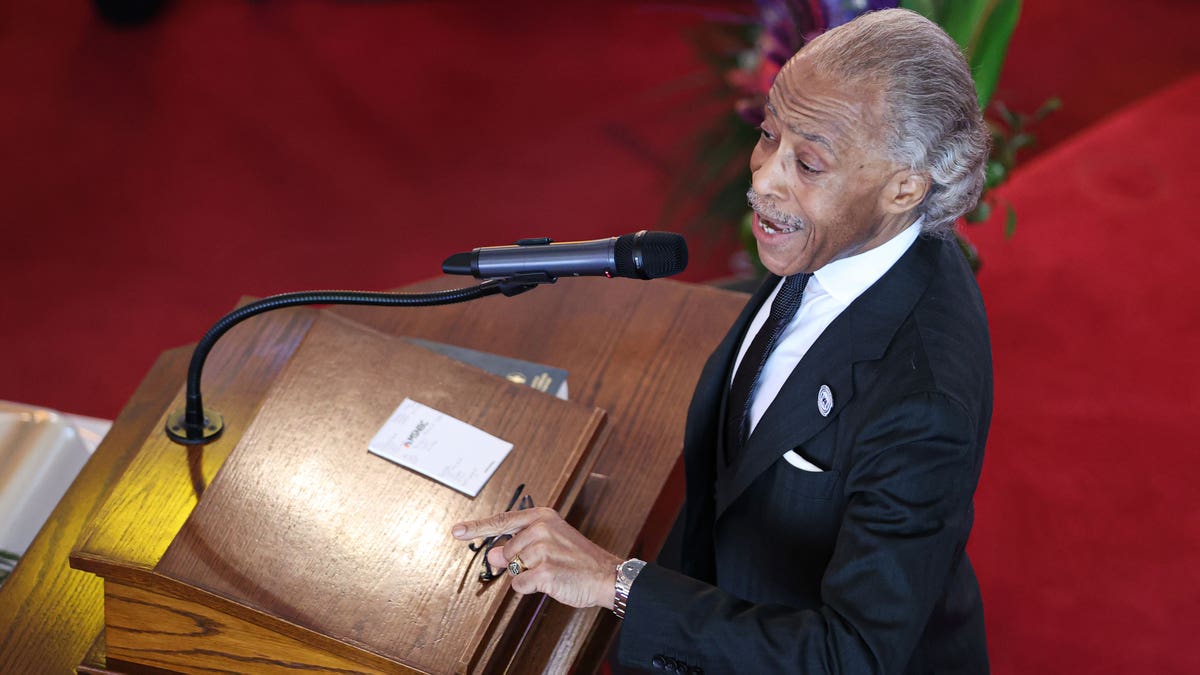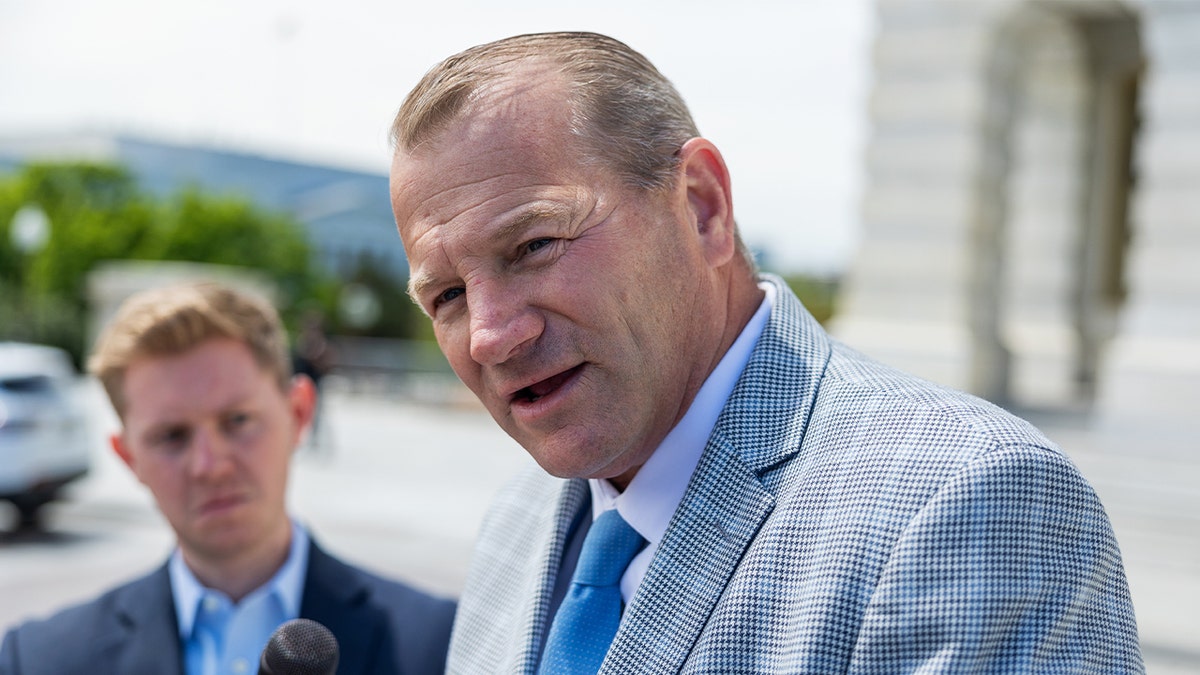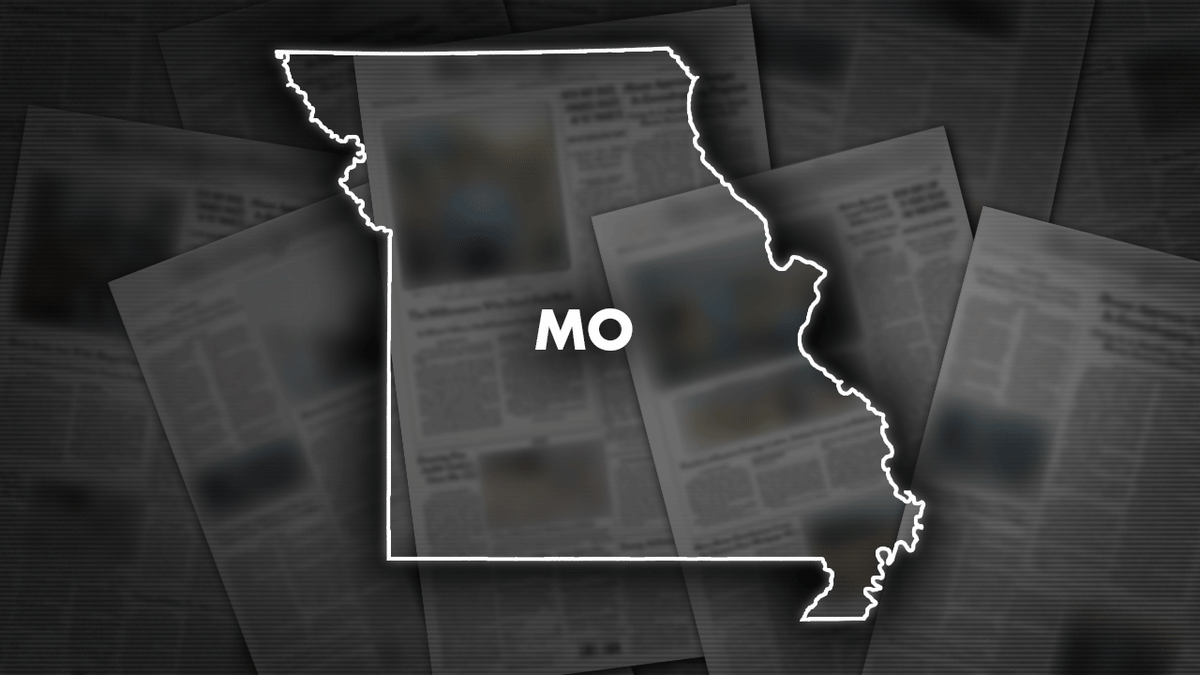The tragic death of Jordan Neely and the subsequent indictment of Daniel Penny have sparked a crucial national dialogue, with race unfortunately taking center stage. While conversations about race are undeniably important, in this particular instance, an overemphasis on race may be overshadowing other critical societal issues that deserve our attention.
This case raises profound questions about the role of the Good Samaritan in modern society. What can we reasonably expect from someone who intervenes in a potentially dangerous situation to help a stranger, especially when personal safety is at risk?
Penny's indictment for manslaughter stems from his use of a chokehold on Neely, who reportedly displayed erratic behavior and made threats on a crowded subway car. This incident forces us to grapple with the complexities of intervening in such circumstances. What are the boundaries of intervention, and how do we balance the need to protect ourselves and others with the potential for unintended consequences?

Media commentary, like that of MSNBC host Rev. Al Sharpton, has offered simplified interpretations of the Good Samaritan parable. Sharpton's assertion that a Good Samaritan helps, not harms, overlooks the nuances of the biblical story. Does this interpretation suggest inaction in the face of ongoing violence? The parable's core message emphasizes compassion and selflessness in aiding those in need, even strangers, regardless of social barriers.
The limited information available, based primarily on eyewitness accounts, makes it challenging to reconstruct the events accurately. Biases and the emotional intensity of the situation further cloud the picture. It's essential to resist hasty judgments fueled by political motivations and strive for an objective understanding of what transpired.
While Penny's military background has been highlighted, it's unrealistic to assume his training equipped him to perfectly calibrate his response in such a high-pressure situation. He was an ordinary individual thrust into extraordinary circumstances. We must establish reasonable expectations for individuals who intervene in crises and avoid setting standards so high that they discourage others from helping those in need.

The actions of Manhattan District Attorney Alvin Bragg in pursuing charges against Penny raise additional questions. By focusing so intently on Penny, Bragg seems to deflect attention from broader societal issues like crime and mental illness, effectively placing the burden of addressing these complex challenges on Penny's shoulders.

The prevailing narrative surrounding this incident carries significant implications. If we consistently rush to judgment based on politically convenient narratives, we risk creating a society where good Samaritans are demonized and discouraged from acting. In a world where inaction can allow evil to flourish, we must carefully consider the consequences of our narratives and the expectations we place on those who choose to help others.








